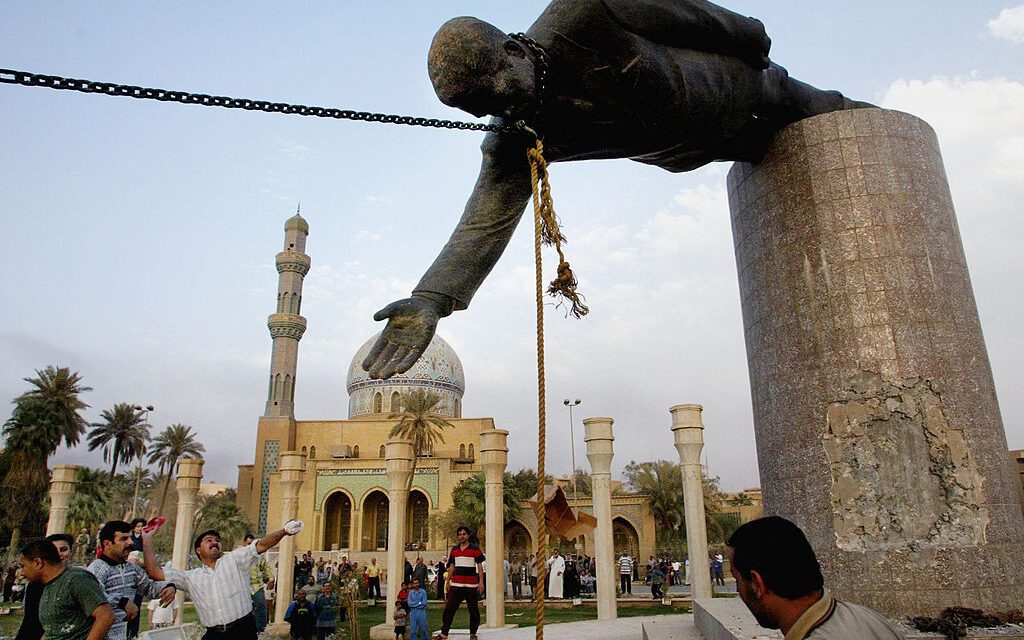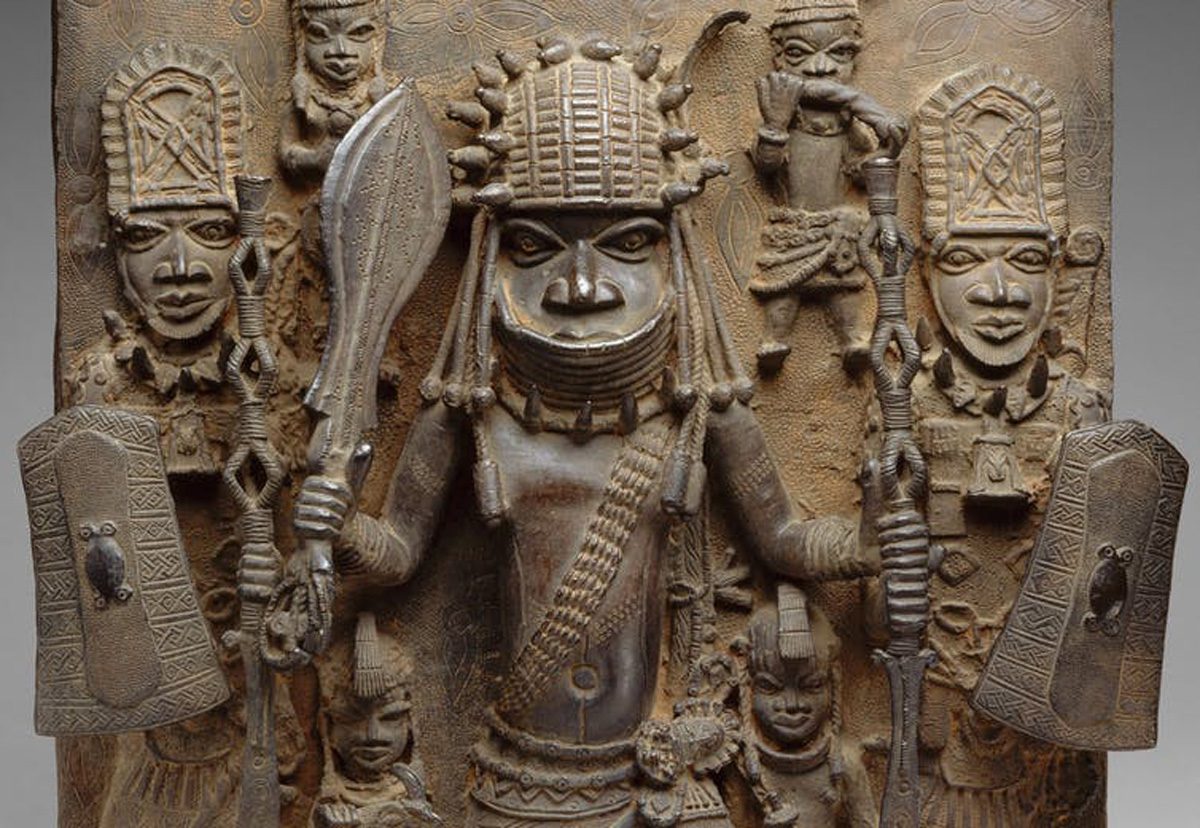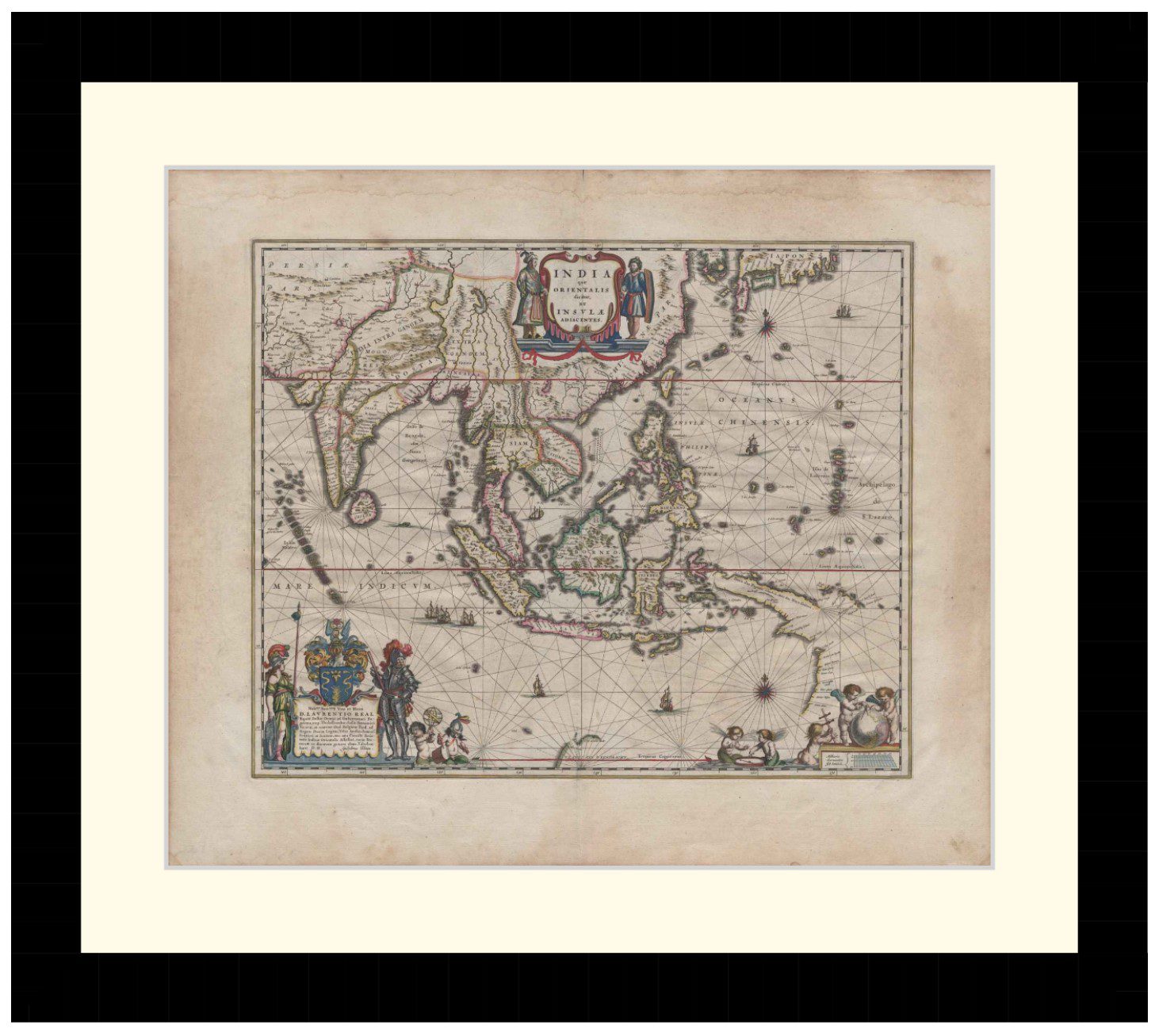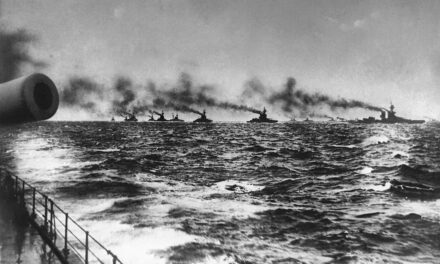Reading time: 8 minutes
The US-led overthrow of the government of Saddam Hussein in Iraq marked the beginning of a series of events that reshaped the strategic environment of the Middle East. It also had enduring consequences for Iraqi society, and for Arab societies and Arab governments beyond its borders.
There was no reason to doubt that the military defeat of Iraq could be achieved. But there were larger questions involved—including what a successor regime should look like; whether such a regime, initially established and maintained under US protection, would prove sustainable; and if not, what the consequences would be.
By Bob Bowker, ASPI
It appears those questions were never addressed by those who took the decision to invade Iraq. Nor is there evidence that those who decided to commit Australian forces to the war examined those issues in the depth they deserved.
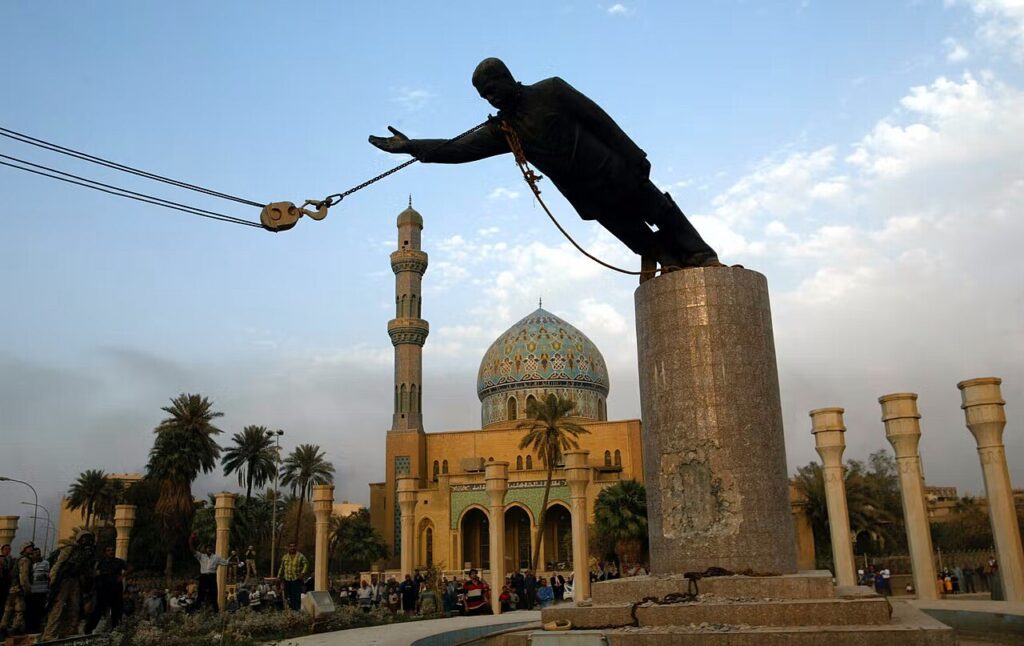
I have no direct knowledge of what took place in Canberra in the lead-up to the war. But I am aware that a decision in principle to commit Australian forces to the conflict was taken at an informal meeting of ministers ahead of the formal cabinet decision to that effect.
When released, the cabinet record is unlikely to outline the content of that meeting, or the cabinet discussion that followed.
Officials were not present to offer recommendations and advice at the informal meeting. As one minister who participated said to me, ‘If we had wanted an official present [to give advice], we would have asked for one.’
There may have been little opportunity, in the grey space between advice and political decision-making, for key questions to be asked, and for cautionary advice to be offered, about the political complexity of the Iraqi and broader Arab environment in which post-war goals would need to be pursued.
The direction in which the government wished to move was clear.
But the effect was to associate Australia with, and to commit the Australian Defence Force to, a war without an appreciation of the profound inadequacy of its strategic rationale.
A sober consideration of US intentions would have identified the larger questions. Ministers might have been persuaded to gain an appreciation of whether the Americans had indeed thought the issues through.
They might well have asked what lay behind the clear reluctance of Arab governments—despite US efforts to present evidence of the threat Saddam was supposed to present to his neighbours, and their willingness to support the campaign to free Kuwait a decade earlier—to endorse the use of force against him in 2003.
Some might even have asked what the lessons of history would suggest.
If so, they would have been told that in the rare cases when US and other external interventions in the Arab world to protect Western interests had enjoyed some success—such as the deployment of US marines to Lebanon in 1958 and the assistance provided to Oman to defeat a leftist insurgency in the 1960s—the interventions had been designed to preserve an existing regime.
They were modest in terms of their objectives, and minimalist in terms of their timeframes and force requirements.
An intervention to remove a regime had been attempted before, by the British and French seeking to achieve the overthrow of Egypt’s Gamal Abdel Nasser in 1956. It was a plan without a political strategy to underpin it. There was no connection made in planning for Suez between imposing a military defeat on Nasser and securing the emergence of an alternative leader who would suit Western interests. And it ended, quite predictably, in ignominious failure.
The key lesson that ministers needed to absorb was that the requirements for toppling a regime and the requirements for building another one in its place are fundamentally different. Both processes entail risks and uncertainties. But neither can succeed without a significant, sustained commitment to a process that may require generations to produce positive outcomes, if at all.
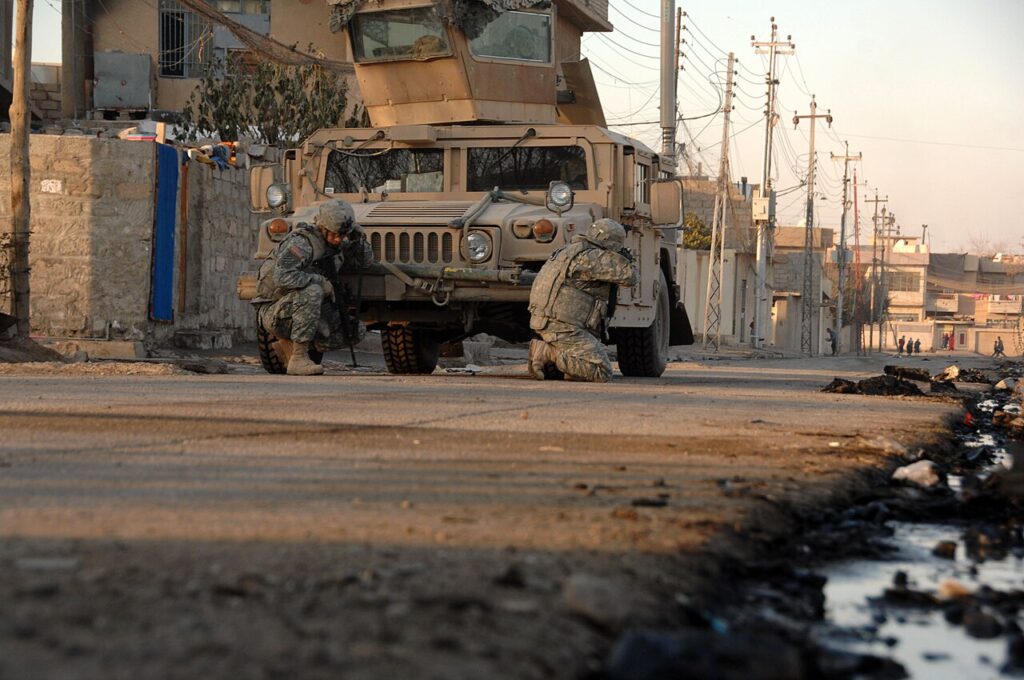
It was abundantly clear that beyond its ambition to rid Iraq of Saddam and such weapons of mass destruction as he possessed, the United States had no desire to engage in such a process.
Against that background, would a military victory over the Iraqi regime in the WMD context advance Western interests in the Middle East, especially if its effect was to unleash other forces that would threaten those interests, in Iraq and elsewhere?
In 2003, the absence of a credible US political strategy was immediately apparent. The ‘shock and awe’ imagined by Secretary of State Donald Rumsfeld to be sufficient to secure US objectives instead produced popular shock and disgust at America’s abnegation of its responsibility, as an occupying power, to prevent the orgy of looting and destruction that accompanied Saddam’s defeat.
The Shia-dominated governments that were handed responsibility by the US refused to countenance sharing power with their Sunni counterparts. The officer corps of the Iraqi military were alienated. Many turned in their frustration to the Islamists, for whom they were an invaluable resource.
Notwithstanding the bitter recent history of conflict between the two countries, and traditional rivalries between the Shia seminaries of Qum in Iran and Najaf in Iraq, the Iranians took full advantage of the multiple opportunities presented by the removal of Saddam, and resentment at the ongoing US presence, to strengthen their role and influence.
The immediate effects of those developments included the emergence of militarised and politicised sectarian narratives, as well as the explosion of militias and organised criminality, overriding the cultural–religious identities within which Iraqi society traditionally accommodated its differences. Kurds, Yezidis, Christians and other minorities were directly affected. So too was Iraq’s tribal structure.
Beyond Iraq, fear of US ambitions to achieve regime change in Damascus saw Syria open ‘rat lines’ to Iraq for Islamists from across the Muslim world. But then Syria itself saw the emergence of an Islamist movement with strong Iraqi connections that treated Syria as its strategic depth.
The weakening of the regime of Bashar al-Assad also saw the expansion of Kurdish separatist ambitions, a development that complicated relations with Turkey, to which the prospect of Kurdish territorial contiguity along its southern border was anathema.
Turkey co-opted and turned to Islamists of all kinds to push back against that perceived Kurdish threat. It backed the entrenchment of Islamist rebels in Idlib province and the displacement of Kurdish populations elsewhere. But the rapid growth of Islamic State, and US experience of the weaknesses, self-serving behaviour and unreliability of the Syrian opposition elements, made the role of the Kurdish militia indispensable for the US efforts to combat IS.
And whereas Russia was careful to avoid entanglement with the evolving catastrophe in Iraq, it took full advantage of the situation, at minimal cost, to strengthen its presence and indispensability, along with Hezbollah, to the Assad regime.
The most enduring legacies of the Iraq War may not be its strategic effects. The gains made by Iran in the decade following the conflict have dissipated, to some extent, as Iraq regains its composure domestically and its respected place in the wider Arab world.
Along with Oman (and, most recently, China), Iraq has become an interlocutor between Iran and Saudi Arabia as they seek a more predictable and stable relationship with each other.
Syria is on the road to restoring its relations with other Arab states, and possibly Turkey. Lebanon has imploded, but that might have happened anyway.
In the light of its experiences in Iraq and Afghanistan, it is now almost inconceivable that the US would consider a military intervention aimed at regime change in the region, rather than the protection of its allies, to be either feasible or justifiable.
Two decades on, and seen in a larger context, the tragedy of Iraq is best measured now in human terms, including population displacements and the brutalisation of societies in Iraq and beyond.
Iraq was probably the most advanced Arab society in terms of education and its empowerment of women. Its cultural achievements were recognised across the Arab world.
Much of that has been lost, perhaps forever.
A sense of Iraqi identity remains strong, but its well-educated diaspora has integrated more smoothly into Western countries, including Australia, than many other migrant communities. They will probably not return.
Meanwhile, within Iraq, and elsewhere in the Middle East, the experience of war and its sordid aftermath have cast into question the suitability of the values that Australia and other Western countries would wish to be respected in an emerging generation of young Arabs. And it is they who will determine, for themselves, in the light of that experience, what it means to be modern, and Arab, in this century.
This article was originally published in The Strategist.
Podcasts about the lessons of the Iraq War
Articles you may also like
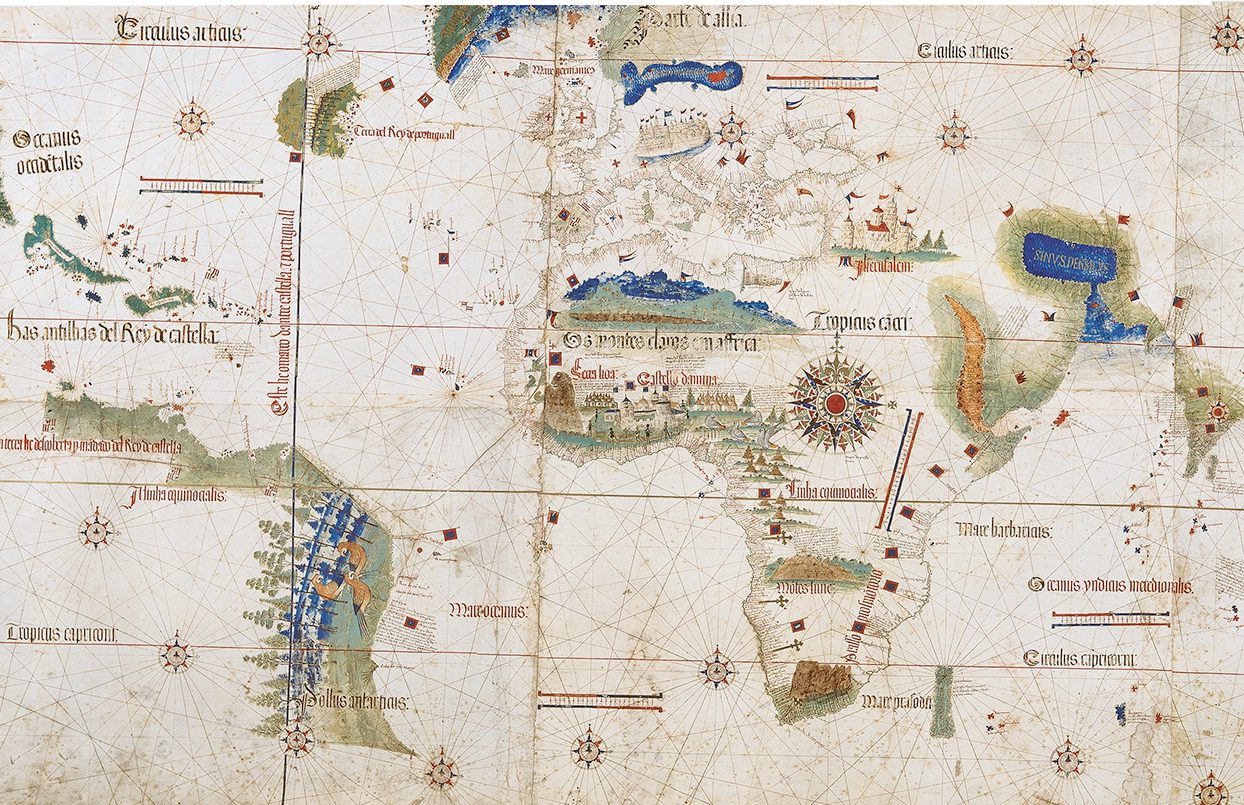
General History Quiz 141
1. In 1493 Pope Alexander VI issued a proclamation dividing the ‘New World’ between Spain and which other country?
Try the full 10 question quiz.
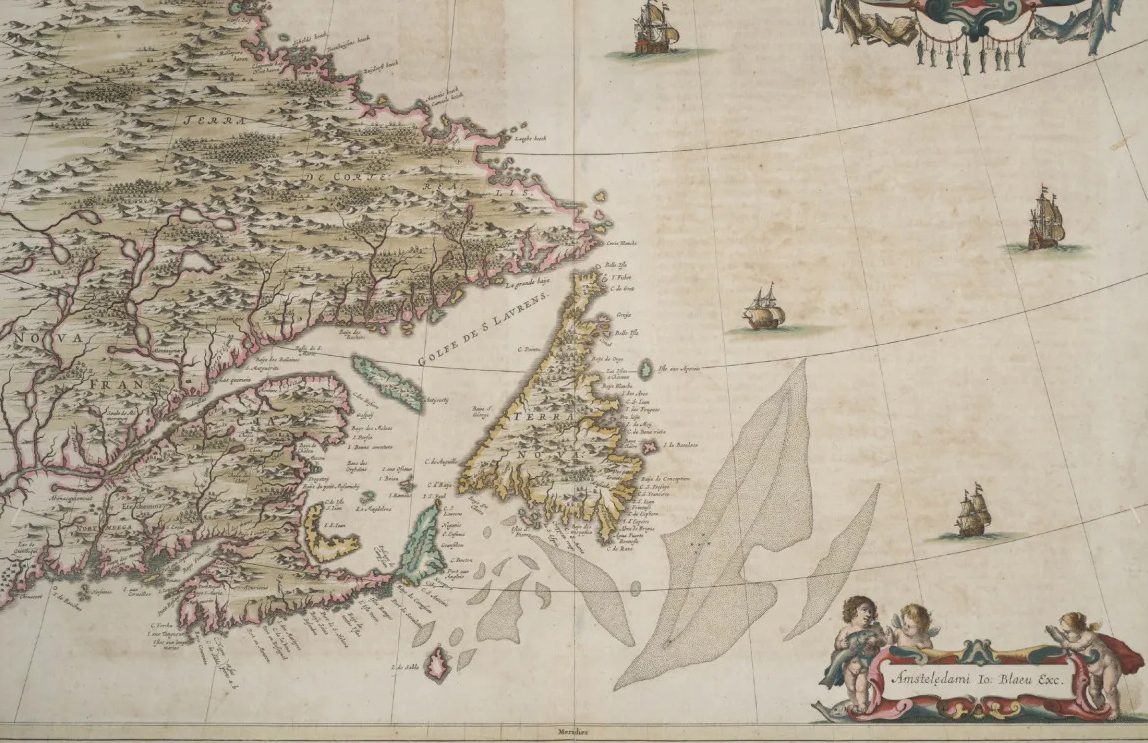
General History Quiz 142
1. L’Anse aux Meadows is an important archaeological site from which culture?
Try the full 10 question quiz.
The text of this article is republished from The Strategist under a Creative Commons Attribution-NonCommercial-NoDerivatives 4.0 International License in accordance with their republishing policy.

